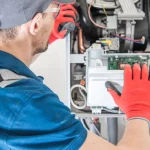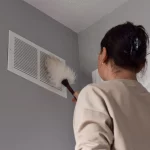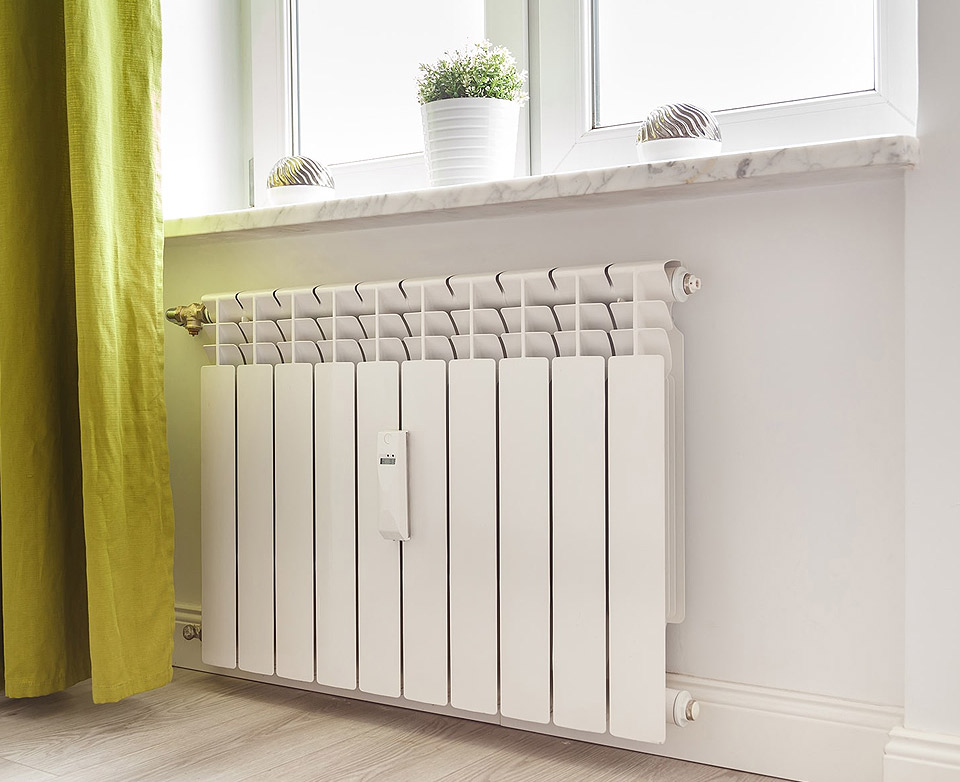26 Dec
AC Replacement: What to Consider When You’re Considering
When considering an AC replacement, there are several important factors to take into account to ensure you choose the right system for your needs and budget. Here’s a comprehensive list of considerations:
- Type of AC System:
- Decide whether you want a central air conditioner, ductless mini-split system, heat pump, or other cooling options. Your existing setup, budget, and heating/cooling needs will influence this decision.
- System Size:
- Proper sizing is critical for efficiency. An HVAC professional should conduct a load calculation to determine the right size unit for your home. An oversized or undersized system can lead to energy waste and comfort issues.
- Energy Efficiency:
- Look for AC units with high SEER (Seasonal Energy Efficiency Ratio) ratings. Higher SEER ratings indicate better energy efficiency, which can lead to lower energy bills.
- Climate Considerations:
- Consider your local climate and cooling needs. Some systems are better suited for extremely hot or humid climates, while others work well in milder conditions.
- Budget:
- Determine your budget for the new AC system, including installation costs. Keep in mind that investing in a more efficient system may result in long-term energy savings.
- Installation Costs:
- Obtain multiple quotes from reputable HVAC contractors. Ensure the installation costs are included and compare warranties, services, and qualifications of contractors.
- Rebates and Incentives:
- Check if there are any rebates, tax credits, or utility incentives available for energy-efficient AC installations. These can help offset initial costs.
- Maintenance Requirements:
- Consider the maintenance requirements of the new system. Regular maintenance is essential for efficient and trouble-free operation.
- Warranty Coverage:
- Review the warranties offered by different manufacturers and installers. Understand what is covered and for how long, including both parts and labor.
- Indoor Air Quality:
- Some AC systems come with advanced filtration and air purification features that can improve indoor air quality. Consider these options if you have allergies or respiratory concerns.
- Smart Technology:
- Modern AC systems often come with smart thermostats and technology for remote control and energy management. Assess if these features align with your preferences.
- Zoning Options:
- Zoning allows you to control the temperature in different areas of your home independently. This can improve comfort and energy efficiency.
- Noise Level:
- Consider the noise level of the system. Quieter units are more comfortable, especially if the AC is close to living spaces.
- Environmental Impact:
- If environmental sustainability is a concern, research environmentally friendly refrigerants and energy-efficient systems.
- Ductwork Evaluation:
- If you have a ducted system, assess the condition of your ductwork. Leaky or poorly insulated ducts can reduce efficiency and should be addressed during the replacement.
- Long-Term Goals:
- Consider your long-term plans for your home. If you plan to stay for many years, investing in a high-efficiency system can pay off over time.
- Professional Installation:
- Choose a reputable HVAC contractor with experience in AC installations. Proper installation is crucial for the system’s performance and longevity.
- Timeline:
- Consider the timeline for the installation, especially if you need cooling during specific seasons.
By carefully evaluating these factors and working with a qualified HVAC professional, you can make an informed decision when replacing your AC system, ensuring that it meets your comfort, efficiency, and budget requirements.











